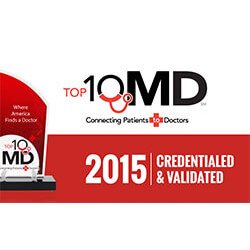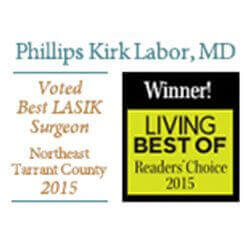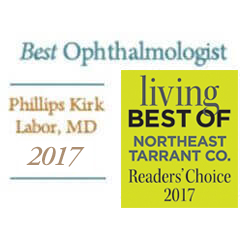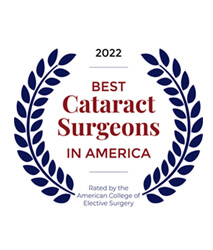There was a time when going to the eye doctor was thought of as the annual eye exam or to get new eyeglasses. Sometimes you went to the Ophthalmologist and other times to the Optometrist.
Today, eye care has advanced to an extent which brings the roles of each to the forefront. Considering both are referred to as “Doctor” it’s no wonder people ask, “What’s the difference?”
The Ophthalmologist
An Ophthalmologist is a medical doctor with specialties in certain areas, such as LASIK surgery, cataract surgery; and other complicated eye issues like Glaucoma. In fact, specialties can extend to ophthalmic plastic surgery – cosmetic and reconstructive surgery of the eyelids, forehead, tear ducts or area around the eye. Ophthalmologists must go through four years of medical school, one year of internship, and an ophthalmology residency of at least three years. An Ophthalmologist is a physician who carries the title of “MD” (Medical Doctor).
The Optometrist
An Optometrist is not a medical doctor but can perform eye exams, prescribe contact lenses or glasses, as well as diagnose and treat certain eye issues. You can see an Optometrist for any problem with your eyesight, but he or she will refer you to an Ophthalmologist for surgery or more complicated needs. Optometrists must go through four years of post-graduate study at a college of Optometry – in some cases, they complete a residency related to a specific area of eye care. An Optometrist carries the title of “OD” (Doctor of Optometry).
Whether it’s an Ophthalmologist or Optometrist, the best treat eye care as healthcare. Yet, over the years, the services each provide have become commercialized.
The Optometrist (OD) who operates like a medical practice can offer more than the OD at a retail store selling eyeglasses and contacts. Similarly, an Ophthalmologist who offers “cheap LASIK” may not provide the proper care.
According to Eye Consultants of Texas founder Phillips Kirk Labor, MD, a partnership between a healthcare-focused Ophthalmologist and Optometrist can be more valuable, especially considering how far eye care has come.
“We can now diagnose conditions our entire profession didn’t know existed not that long ago,” Dr. Labor says. “More importantly, innovation allows a patient to be treated quicker with minimal or no discomfort. Ophthalmologists or ODs that stay on top of new advancements are likely to care more about your health than what they can sell you.”











